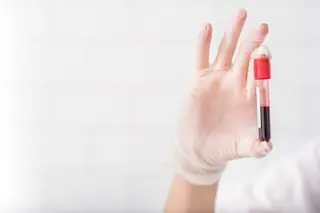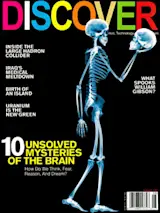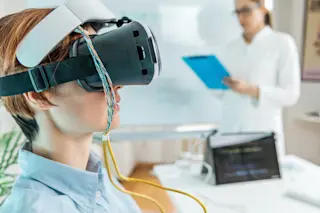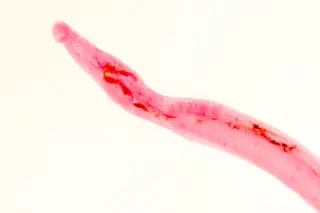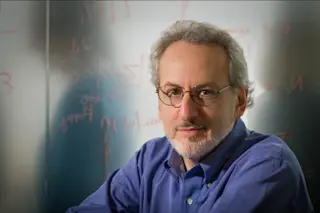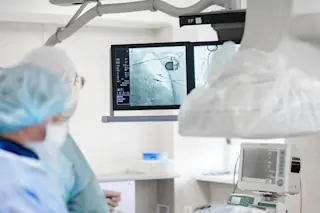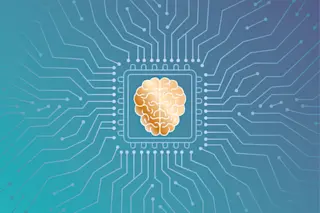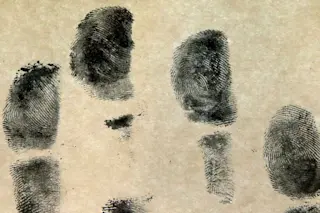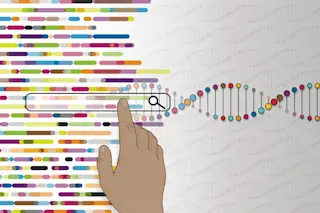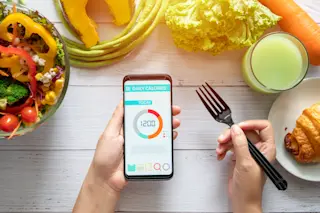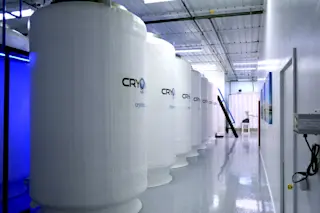Henrik Clausen and his colleagues at the University of Copenhagen have managed to turn any type of blood into type O, the kind that all people can safely receive. The challenge has been how to remove the molecular badges — A, B, and AB — that lie on the surface of the red blood cells and can trigger rejection by a patient’s immune system. Twenty-five years ago, researchers identified an enzyme in coffee beans that could change type B to O, but the process was too inefficient for widespread use. What Clausen’s team has done is to identify two bacterial enzymes that can do the job — and do it a thousand times more effectively. Clinical trials evaluating the safety of enzyme-converted blood in humans are already under way, with initial results expected later this year.
But one day, if University of Sheffield chemist Lance Twyman has his way, type ...


